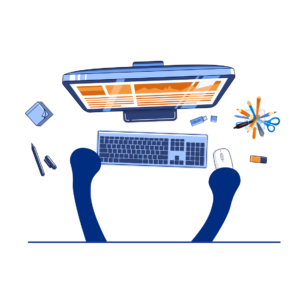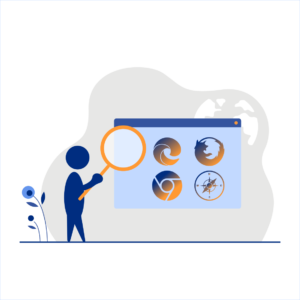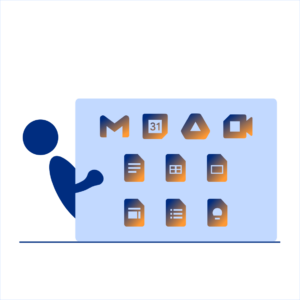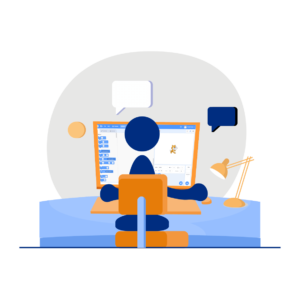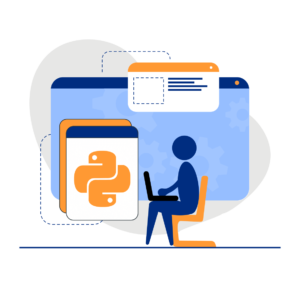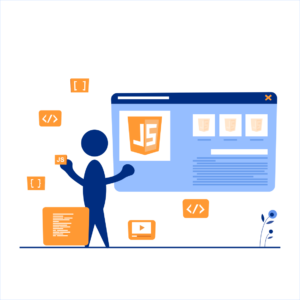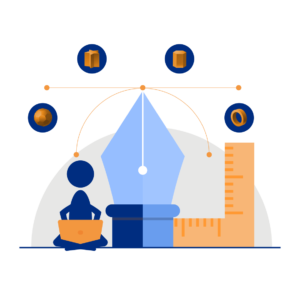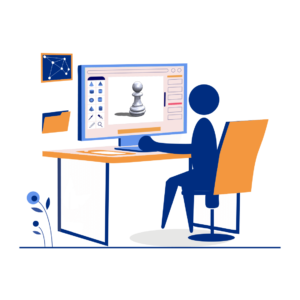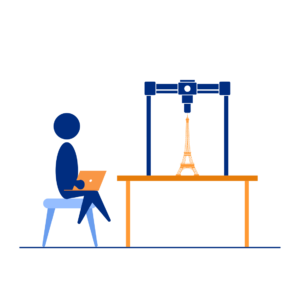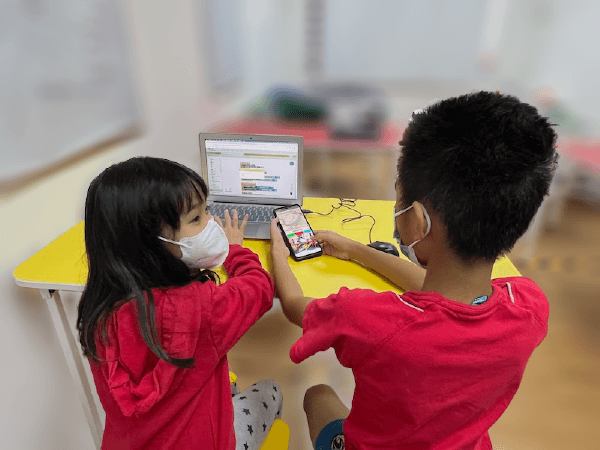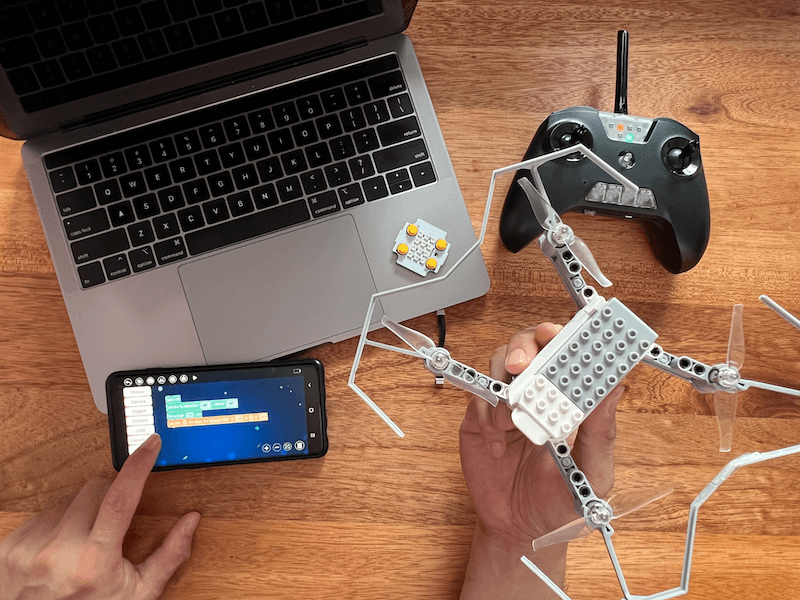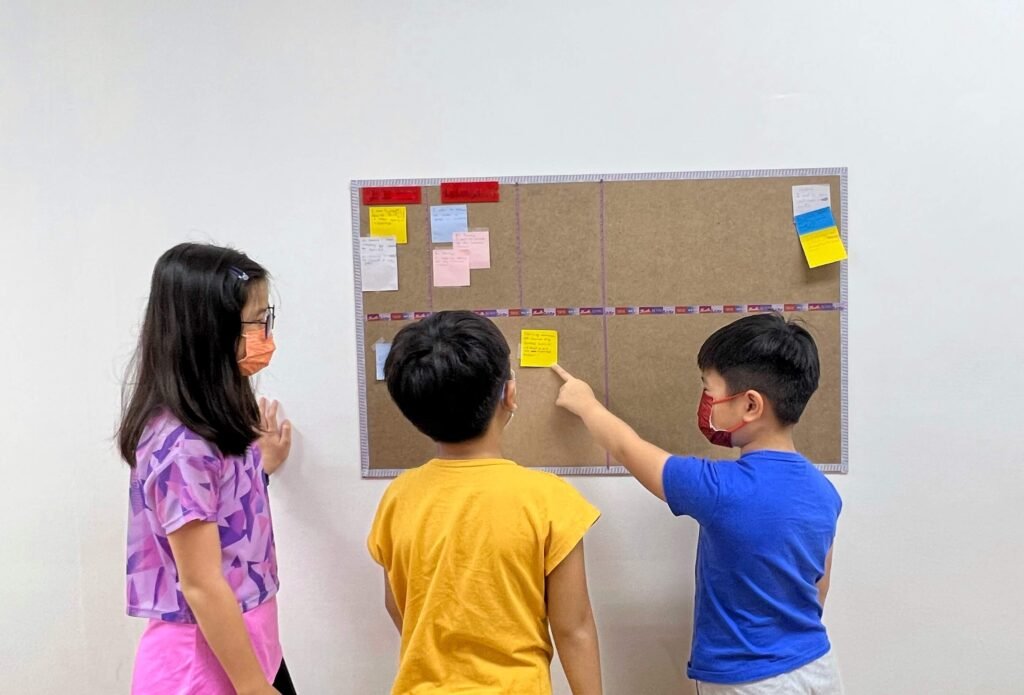Digital Literacy
One of the crucial 21st Century Skills, Digital Literacy is important in a society where there is an abundance of communication and access to information through digital technologies like mobile devices, internet platforms, and social media.
Coders will learn to use these technologies to find, evaluate, use, and create information online in a safe and useful way.
